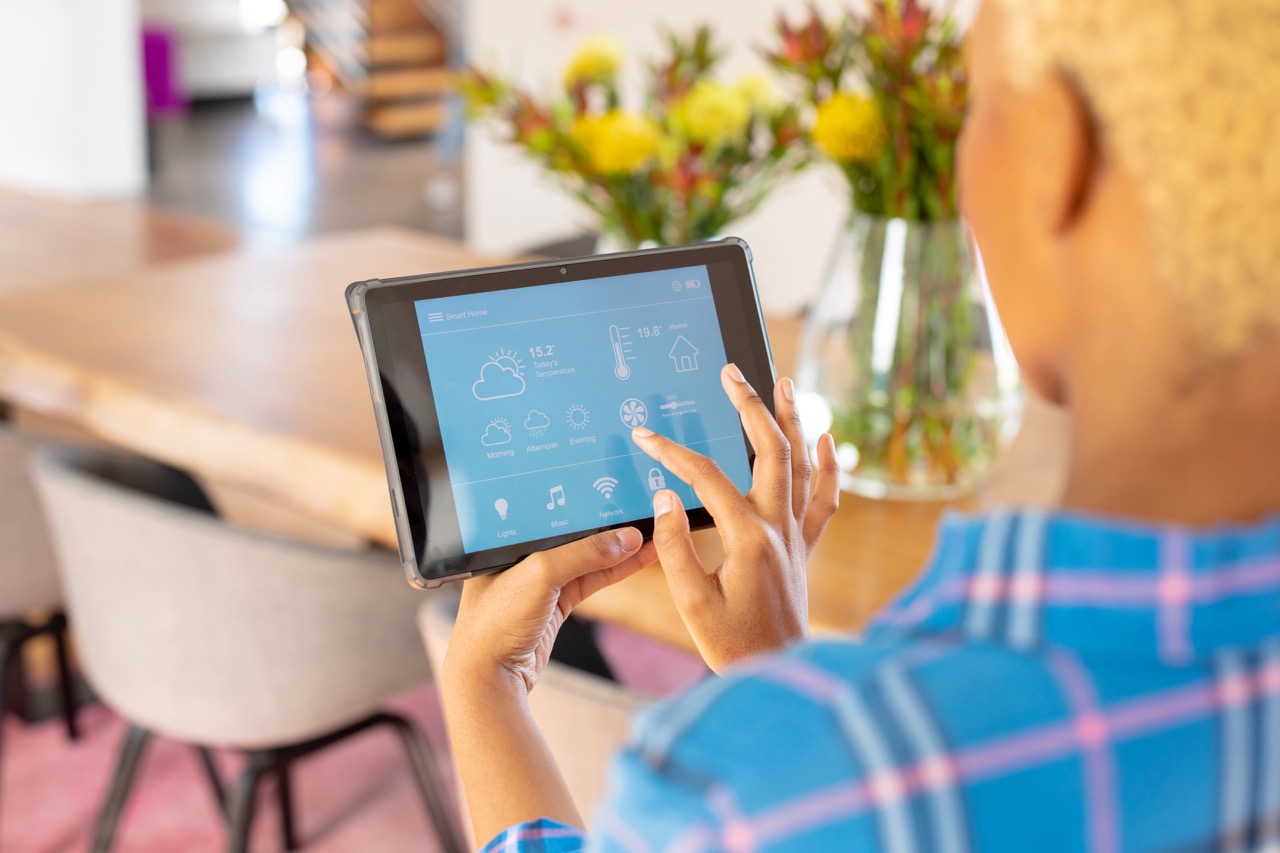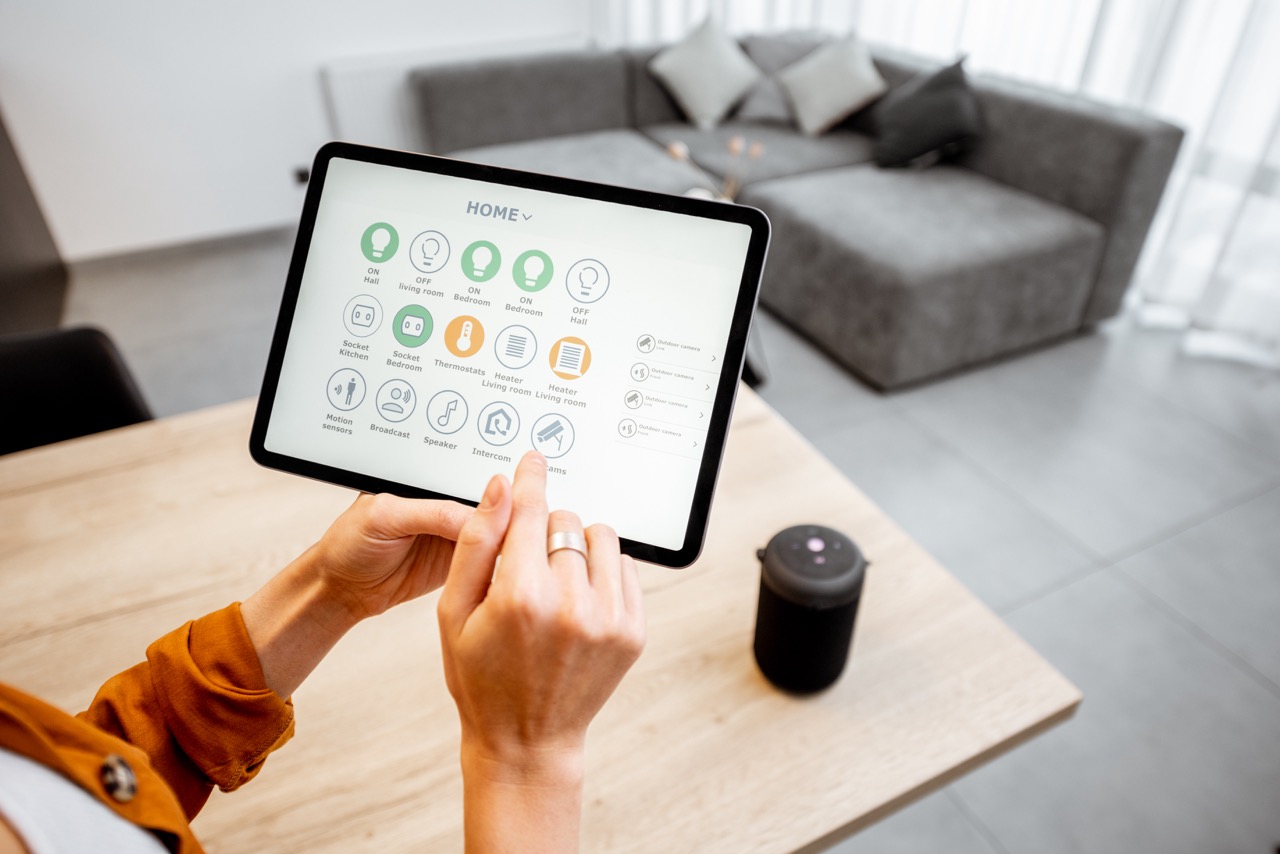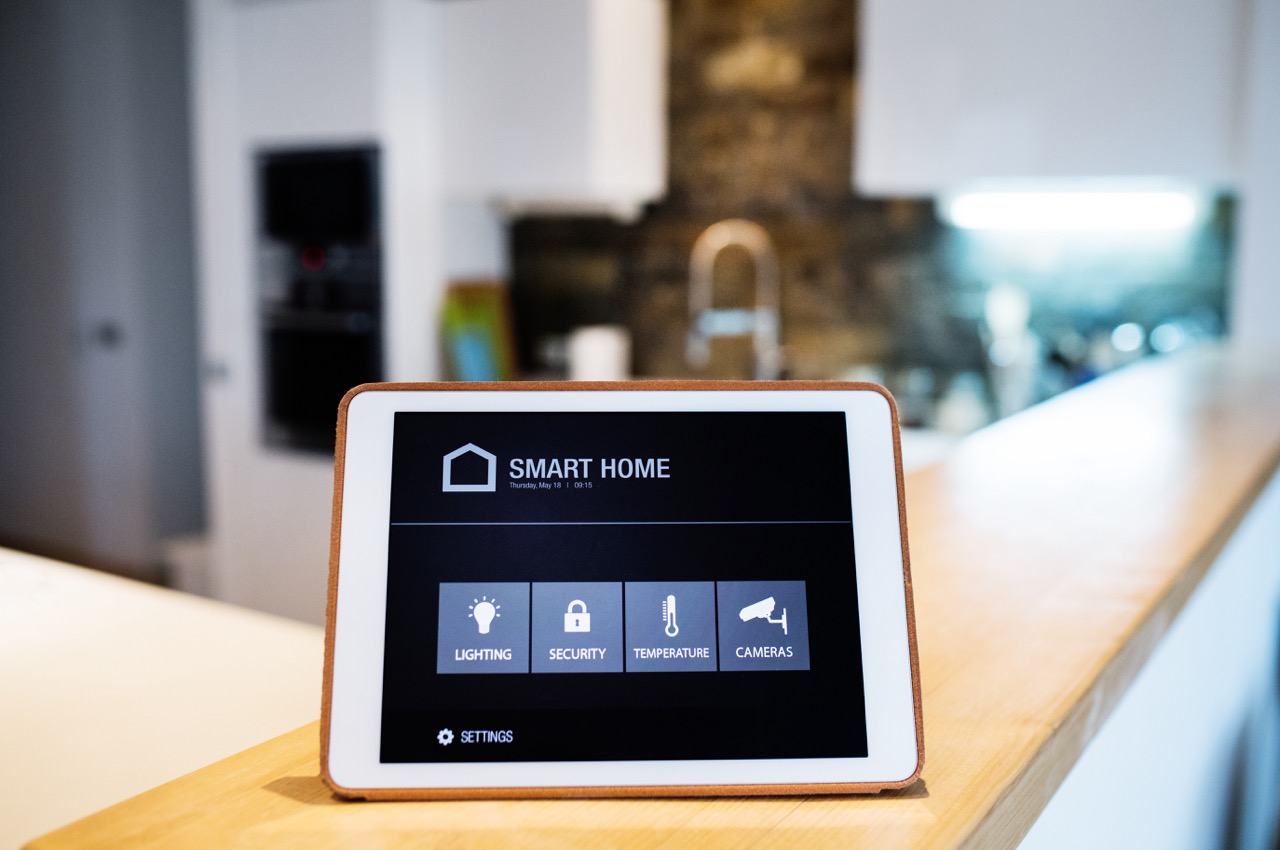In recent years, the healthcare industry has witnessed a transformative shift with the introduction and widespread adoption of smart health monitors. These technologically advanced devices, ranging from fitness bands to smartwatches, have the capability to track a plethora of health metrics such as heart rate, blood pressure, sleep patterns, and even blood oxygen levels. This technological revolution not only promises enhanced health monitoring in real-time but also paves the way for proactive health management. However, as with any groundbreaking innovation, these devices bring forth discussions on accuracy, privacy, cost-effectiveness, and their overall impact on traditional healthcare systems.
Evaluating the Surge of Smart Health Monitors
The proliferation of smart health monitors over the past decade has been phenomenal. Initially perceived as novelties or luxury gadgets, they have now found a place as essential tools for health-conscious individuals and patients with chronic conditions alike. This surge is largely fueled by the increasing awareness of health and well-being, coupled with the ubiquity of smartphones and the internet. As these devices continue to evolve, their integration into daily life becomes more seamless, making health monitoring a routine rather than an exception. Furthermore, the COVID-19 pandemic has underscored the value of remote health monitoring, significantly boosting the demand for these devices.
The primary appeal of smart health monitors lies in their ability to provide immediate feedback. This instant access to vital health statistics enables users to make informed decisions about their lifestyle and health. For instance, noticing a consistent uptrend in blood pressure could prompt an earlier consultation with a health professional, potentially averting severe health issues. Moreover, the integration of these gadgets with health apps and platforms enhances user engagement by setting targets and tracking progress over time, thus fostering a proactive approach to health.
Despite their growing popularity, the adoption rates of smart health monitors vary significantly across different demographics. Younger, tech-savvy generations are quicker to embrace these gadgets, while older populations show hesitance, primarily due to concerns over complexity and privacy. Education and simplified technology could bridge this gap, ensuring that the benefits of such monitors are universally accessible.
How Smart Devices are Revolutionizing Healthcare
Smart health monitors are dramatically changing the landscape of healthcare by facilitating preventative medicine and personalized care. Traditional healthcare systems, often reactive and generalized, can now be supplemented with data-driven insights specific to individual health dynamics. This shift not only aids in early disease detection but also enhances the efficiency of healthcare by reducing unnecessary doctor visits and allowing for targeted treatment plans.
Remote patient monitoring enabled by smart devices is particularly revolutionary in managing chronic conditions such as diabetes and hypertension. Continuous monitoring can lead to timely interventions, preventing complications and hospitalizations. For healthcare providers, the data collected from these devices can be invaluable in understanding the broader patterns of a patient’s condition, thus informing better treatment strategies and improving health outcomes.
In terms of public health, the aggregation of data from a multitude of users can offer unprecedented insights into broader health trends, potentially detecting epidemics earlier and more accurately. For instance, an unusual increase in heart rate and decrease in activity levels across a demographic could signal an emerging health issue, enabling quicker public health responses.
The Accuracy and Reliability of Health Gadgets
While smart health monitors offer numerous benefits, their accuracy and reliability remain points of contention. Early versions of these gadgets often faced criticism for their inconsistent and sometimes inaccurate readings. However, recent advancements in sensor technology and algorithms have significantly improved their precision. Major tech companies continuously invest in research and development to enhance the accuracy of their health-monitoring features, which is crucial for gaining trust from both users and the medical community.
Yet, it is important to note that these devices are not replacements for professional medical instruments. They are better seen as supplementary tools that provide valuable insights, which, when combined with professional medical advice, can lead to better health management. Users should remain aware of the limitations and use the data as one aspect of a comprehensive health assessment.
Regulatory bodies like the FDA have started to play a more active role in this space, issuing guidelines and approvals for health-related wearable technologies. This regulatory oversight is essential to ensure that the devices meet minimum safety and effectiveness standards, which in turn helps bolster consumer confidence in their reliability and accuracy.
Privacy Concerns with Wearable Health Tech
Privacy concerns are arguably one of the biggest challenges facing the adoption of smart health monitors. These devices collect a wealth of sensitive personal health information, which could be vulnerable to breaches if not properly protected. Users often express apprehension about who has access to their data and how it might be used beyond personal health monitoring.
Manufacturers are thus under immense pressure to implement robust security measures and transparent data policies. The use of end-to-end encryption and the ability for users to control their data sharing preferences are becoming standard practices. Moreover, compliance with international privacy standards like GDPR in Europe is compulsory for companies looking to sustain consumer trust and market access.
The potential for health data to be used for purposes other than health improvement, such as insurance assessments or targeted advertising, remains a contentious issue. Clear and concise user agreements, along with strict regulatory compliance, are essential in ensuring that users’ privacy is protected while harnessing the benefits of these technologies.
Cost vs. Benefit: Is Smart Health Worth It?
The cost of smart health monitors can vary widely, from relatively inexpensive fitness trackers to high-end devices equipped with advanced health monitoring systems. While the initial cost might be high, the long-term benefits — such as potentially reduced healthcare costs due to preventative health management — could justify the investment. For individuals at high risk of chronic diseases, these devices can be particularly cost-effective by helping to manage or even prevent expensive health conditions.
Moreover, some health insurance companies are recognizing the benefits of these devices and are offering incentives or rebates for users who engage in healthy behaviors tracked by smart monitors. This not only encourages the adoption of the devices but also promotes a healthier lifestyle among the insured population, potentially reducing the overall healthcare costs for insurers.
Nonetheless, the cost-effectiveness of smart health monitors largely depends on individual circumstances such as existing health conditions, lifestyle, and how the data from the devices is utilized. Without proper engagement and integration into healthcare practices, even the most advanced devices may offer little more than the basic functions of traditional fitness trackers.
The Future of Healthcare: Trends and Predictions
As technology continues to advance, the future of healthcare looks increasingly intertwined with smart health monitors. Predictive analytics powered by artificial intelligence (AI) is one of the most promising trends, with the potential to not only track health data but also predict medical events before they occur. This could lead to a new era of preventative healthcare, where interventions can be as timely as they are accurate.
The integration of these devices with telemedicine is another trend gaining momentum. As remote consultations become more common, having access to real-time health data from smart devices can make virtual doctor visits more effective and personalized. This symbiosis between smart health tech and telehealth platforms is poised to significantly enhance patient care delivery.
Lastly, as consumer demand for personalized and proactive healthcare grows, we can expect to see more sophisticated health monitoring devices enter the market, offering even deeper insights into our health. This will likely be accompanied by a greater emphasis on user-friendly designs and longer battery life, making these devices more accessible and convenient for a wider range of users.
The rise of smart health monitors marks a significant milestone in the evolution of healthcare, reflecting our society’s shift towards more personalized and preventive health management. As we navigate the complexities of accuracy, privacy, and cost, the potential benefits of these devices are immense. By judiciously integrating smart health technology into our lives and healthcare systems, we stand on the precipice of not just reacting to illness, but proactively managing and preventing it, heralding a new era of health and longevity.










